Lake Kawaguchiko in summer! 10 recommended sightseeing spots to cool off

This summer, temperatures are expected to be higher than average across the country. Enjoy a summertime sightseeing trip to the cool spot of Lake Kawaguchiko at the foot of Mount Fuji , which is easily accessible from Tokyo in just 90 minutes and rich in nature.
-
Table of Contents
- Temperature at Lake Kawaguchiko
- What to wear in summer at Lake Kawaguchiko?
- 1. Fuji Subaru Land: Fun for the whole family
- 2. Saiko Bat Cave:Ccool even in summer
- 3. Ryugu Doketsu (Lava Cave):The most powerful power spot
- 4. Fuji Chobo no Yu Yurari Onsen:Magnificent view of Mt.Fuji from the bath
- 5. Roadside Station Narusawa: Home of Highland Vegetables
- 6. Fujiten Resort: Cool even in summer at an altitude of over 1,200m
- 7. Mt.Fuji 5th Station:At an altitude of 2,300m! It's cool even in midsummer
- 8. Mount Fuji Radar Dome Museum Experience the cold at the summit of Mt. Fuji
- 9. Fuji Five Lakes Fireworks Festival: Lighting up the Summer Night Sky
- 10. Saiko Iyashi-no-Sato Nenba :View the Original Japanese scenery
Temperature at Lake Kawaguchiko

It is generally said that the temperature drops by 0.6 degrees for every 100 meters above sea level. The average summer temperature at Lake Kawaguchiko is a maximum of 28°C, a minimum of 18°C, and an average of 23°C during the day and night. (See the Japan Meteorological Agency website.) Also, because it is at high altitude, the breeze that blows through is refreshing!
Also, because Lake Kawaguchiko is located at an altitude of 800m, the temperature is 4.8℃ lower than on the plains, so even when it is 35℃ in Tokyo, Lake Kawaguchiko is only around 30℃!
What to wear in summer at Lake Kawaguchiko?

It is cooler than the plains, but because it is at high altitude, the UV rays are stronger, so be sure to use sunscreen, a hat, and a parasol. Also, temperatures can drop below 20°C at night and early in the morning, so be sure to bring a thin jacket or cardigan or something to put on over your clothes.
Also, since Lake Kawaguchiko is located in an area rich in nature, it would be useful to bring insect repellent spray.
1. Fuji Subaru Land: Fun for the whole family
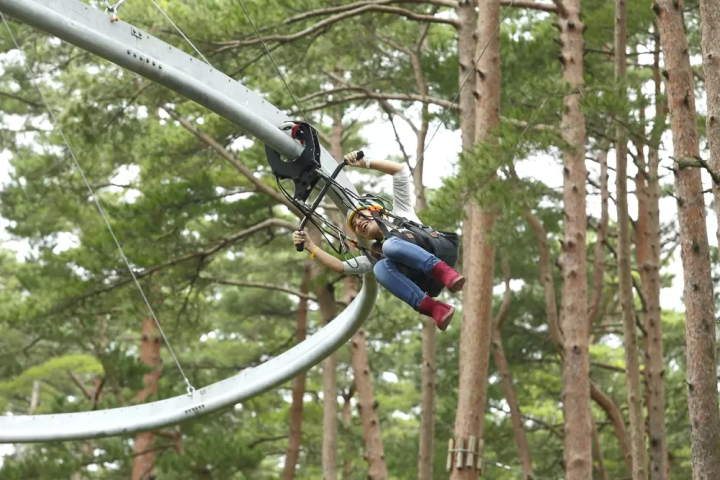
Fuji Subaru Land is a theme park surrounded by the natural beauty of Mount Fuji. There are many attractions, including athletics created using the natural beauty of Mount Fuji, Roll Gliding, which takes you through the red pine forest, and Buggy Land.
In the summer, there are also activities like "beetle hunting" and "splash pools"! Why not make some summer memories at Fuji Subaru Land, where it's cool even in summer?
2. Saiko Bat Cave:Ccool even in summer

The Aoki Hara Cave is a cave located in the Lake Saiko forest. With a total length of 350 meters, it is the largest cave at the foot of Mount Fuji. Don't worry, even though it's called a "Bat Cave," there are no actual bats in it! The inside of the cave is cool even in summer, making it a great place for sightseeing in the summer. In addition, at the adjacent Kunimasu Exhibition Hall, you can see the miraculous fish "Kunimasu," which was once thought to be extinct.
3. Ryugu Doketsu (Lava Cave):The most powerful power spot

Along with the Lake Saiko Bat Cave, you should also visit the Ryugu Doketsu (Lava Cave), a national natural monument. The Ryugu Doketsu (Lava Cave) was created when the high temperature and pressure of lava flow during the eruption of Mount Fuji turned into gas, creating a cavity, and in recent years it has become famous as a power spot. The cave is cool, and you can feel a sacred atmosphere that is different from that on the surface. It is located in the Aoki Hara forest, where ancient nature remains, but you can get close by by car.
4. Fuji Chobo no Yu Yurari Onsen:Magnificent view of Mt.Fuji from the bath

In addition to the open-air bath with a spectacular view of Mount Fuji, you can also enjoy cave baths, carbonated springs, and Sacred peak spring water bath. It is said that bathing in hot springs in the summer can also help prevent summer fatigue. Relax and soothe your travel fatigue by soaking in the hot springs while taking in the view of Mount Fuji.
5. Roadside Station Narusawa: Home of Highland Vegetables

Roadside Station Narusawa is located just a one-minute walk from Fuji Chobo no Yu Yurari Onsen.
At the product center, you can purchase souvenirs such as Narusawa Village's specialty Highland vegetables, as well as manju, oyaki, and unusual cabbage wine. On the premises, there is also the Mount Fuji Museum where you can learn about the history of Mount Fuji , and a restaurant where you can try local cuisine at reasonable prices.
6. Fujiten Resort: Cool even in summer at an altitude of over 1,200m

Fujiten is a ski resort in the winter and a place where you can enjoy various outdoor sports in the summer. Because it is located at an altitude of 1,200m to 1,500m, it feels very cool even in the summer. With the majestic Mount Fuji in the background, you can enjoy activities such as mountain karting, mountain biking, and mountain boarding.
7. Mt.Fuji 5th Station:At an altitude of 2,300m! It's cool even in midsummer

The fifth station of Mount Fuji is 2,300 meters above sea level. It is 13.8 degrees lower than the plains. For example, even if it is 35 degrees in Tokyo, the fifth station of Mount Fuji is only about 21 degrees, and if the wind blows, you will feel chilly in short sleeves.
At the fifth station of Mount Fuji, you can find Komitake Shrine, restaurants where you can try popular Mount Fuji food, and shops where you can buy souvenirs unique to the fifth station of Mt. Fuji. During the private car restrictions, you cannot drive to the fifth station of Mount Fuji by car and you will need to transfer to a shuttle bus at the Fujisan Parking, but if you use Fujikanko Travel's sightseeing taxi, you can use your time effectively and enjoy sightseeing at the fifth station of Mount Fuji!
8. Mount Fuji Radar Dome Museum Experience the cold at the summit of Mt. Fuji

The Mount Fuji Radar Dome Museum is a fun place to learn about the history of Mount Fuji and weather observations.
It is conveniently located next to the Fujiyoshida Roadside Station, and is easily accessible by bus from Kawaguchiko Sta. and Fujiyoshida Station. The "Fuji Summit Cold Experience," where you can experience the sunrise and blizzards, is an extremely immersive exhibit that combines wind, images, and sound. You can experience Mount Fuji Mount Fuji it or go to the fifth station.
9. Fuji Five Lakes Fireworks Festival: Lighting up the Summer Night Sky
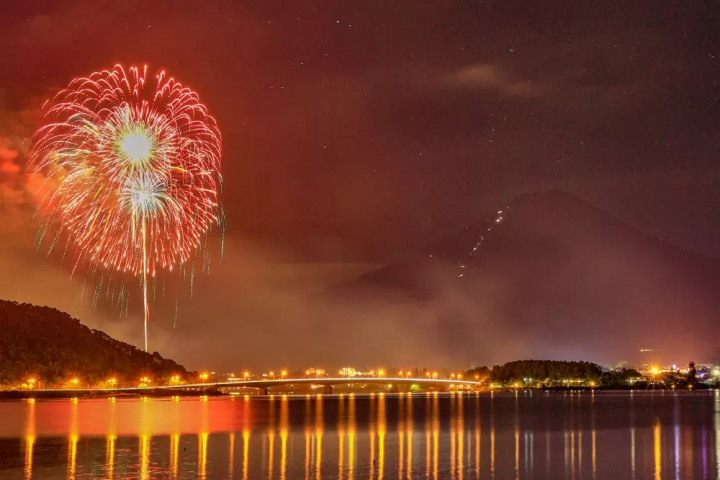
At the Fuji Five Lakes, fireworks displays are held every night until the 5th, starting with the Houko Festival on August 1st. The Kojo Festival, held at Lake Kawaguchiko on August 5th, features one of the largest fireworks displays in Yamanashi Prefecture, and has been held over 100 times. There are also many food stalls lined up, so you can enjoy food along with the fireworks.
August 1st Yamanakako Hoko Festival・Fireworks
August 2nd Saiko Ryugu Festival・Fireworks
August 3 Motosu Sinko Festival・Fireworks
August 4th: Shojiko Ryoko Festival・Fireworks and Lake Shojiko Music Festival
August 5th Kawaguchiko Kojo Festival・Fireworks
10. Saiko Iyashi-no-Sato Nenba :View the Original Japanese scenery

At Saiko Iyashi-no-Sato Nenba, you can see the original scenery of Japan. The scenery created by the houses with thatched roofs that have a nostalgic feel is striking. In each of the 20 houses in the thatched roof village, you can experience things like "crepe paper crafts," "kaleidoscope making," and "incense making."
You can also relax at "Kutsurogi-ya" and enjoy the sounds of the many windmills that decorate the veranda.
We will provide fascinating information about the northern foothills of Mount Fuji in Yamanashi Prefecture, including Japan's world-renowned symbol, Mount Fuji, and Mount Fuji Component Parts of World Heritage . The Fuji Five Lakes region, located at the Mount Fuji in Yamanashi Prefecture , is located on the north side of Mount Fuji and is a region rich in nature, including lakes such as Lake Motosuko , Lake Saiko Lake Shojiko , Lake Kawaguchiko, Lake Kawaguchi, and Lake Yamanakako . A total of 25 sites are registered as Component Parts of World Heritage of the World Heritage Site Mount Fuji , including historic shrines such as Kitaguchi Hongu Fuji Sengen-jinja Shrine, Kawaguchi Asama-jinja Shrine, and Fuji Omuro Sengen Fuji Omuro Sengen-jinja Shrine , as well as Component Parts of World Heritage on the Shizuoka side such as the natural monument Oshino Hakkai. The foot of Mount Fuji, which is visited by many tourists, is home to many tourist spots such as Arakurayama Sengen Park, where you can enjoy the combination of Mt. Mount Fuji, cherry blossoms, and the five-story pagoda "Chureito" in spring, Oishi Park, which is the main venue for the Kawaguchiko Herb Festival in summer, the Lake Kawaguchiko Momiji Corridor, where you can view Mount Fuji Mount Fuji and autumn leaves in autumn, and Fujiten Snow Resort, where you can enjoy skiing and snowboarding with the spectacular Mt. Fuji right in front of you in winter. In recent years, an increasing number of people are enjoying activities such as trekking, cycling, and camping in the natural surroundings of Mount Fuji . Our company is based in Lake Kawaguchiko , in the northern foothills of Fuji , and operates Fuji Subaru Land, a theme park that makes use of the natural beauty of Mount Fuji Mount Fuji ; Fujizakura Heights Beer, the world's best craft beer made using Fujizakura Life Water, a natural spring from Mount Fuji; Fuji Chobo no Yu Yurari Onsen is pumped up from 1,000 meters underground at the foot of Mount Mount Fuji; and Fujiten Snow Resort, where you can enjoy skiing, snowboarding, and other snow activities in front of the dynamic Mount Fuji. We will clearly communicate the charm of Mount Fuji , which changes with the seasons, from here at Lake Kawaguchiko, at the Mount Fuji .
The contents on this page may partially contain automatic translation.




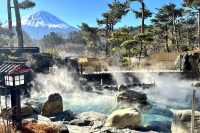

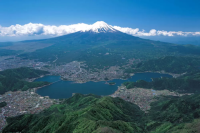
![[2025] A must-read for anyone planning to climb Mount Fuji! 8 things you should know before climbing Fuji](https://resources.matcha-jp.com/resize/200x2000/2023/06/01-138820.webp)

























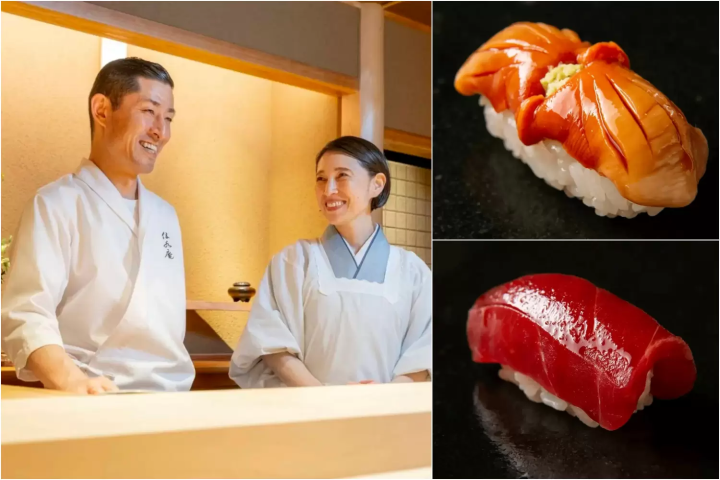
![[No need to worry!] A guide to buying entertainment tickets in Japan](https://resources.matcha-jp.com/resize/720x2000/2025/04/21-231654.webp)
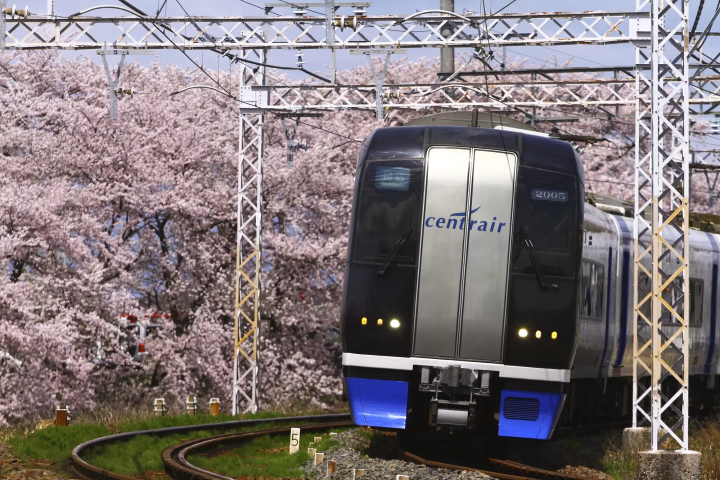

![[ Naruto City, Tokushima Prefecture ] Experience the world's largest whirlpools up close on a sightseeing boat at the Spring Whirlpool Festival!](https://resources.matcha-jp.com/resize/720x2000/2025/02/05-222727.webp)